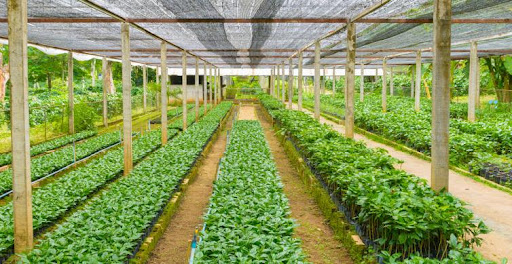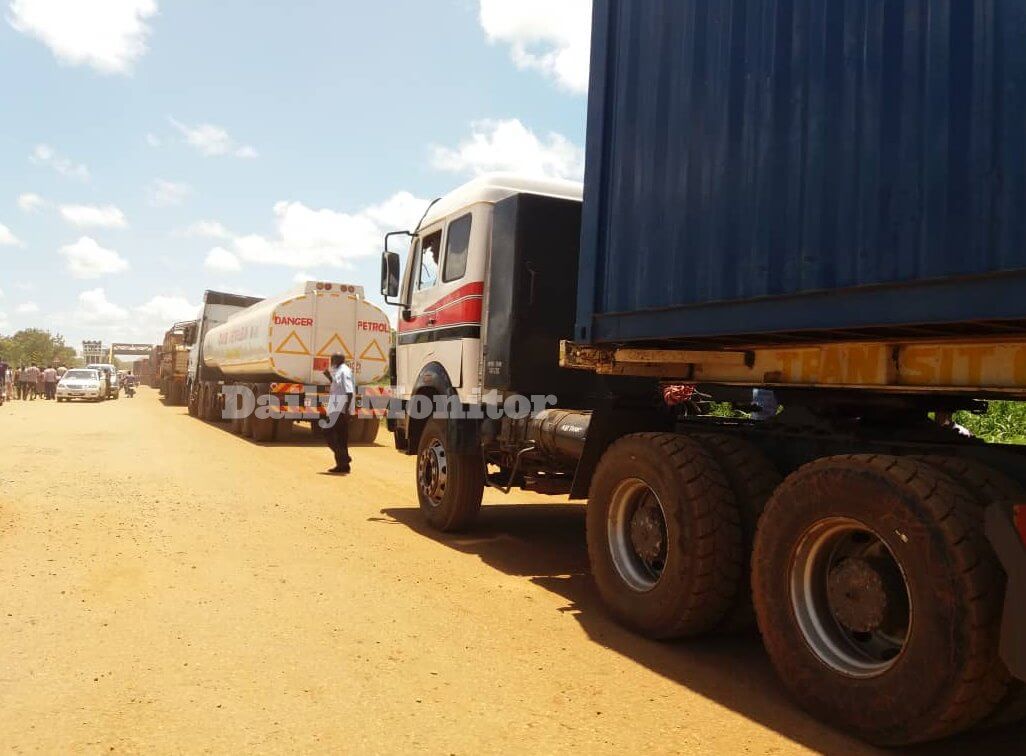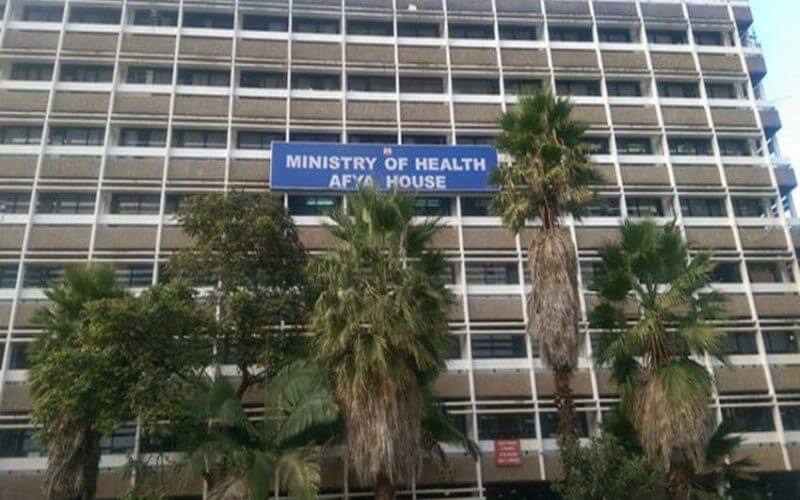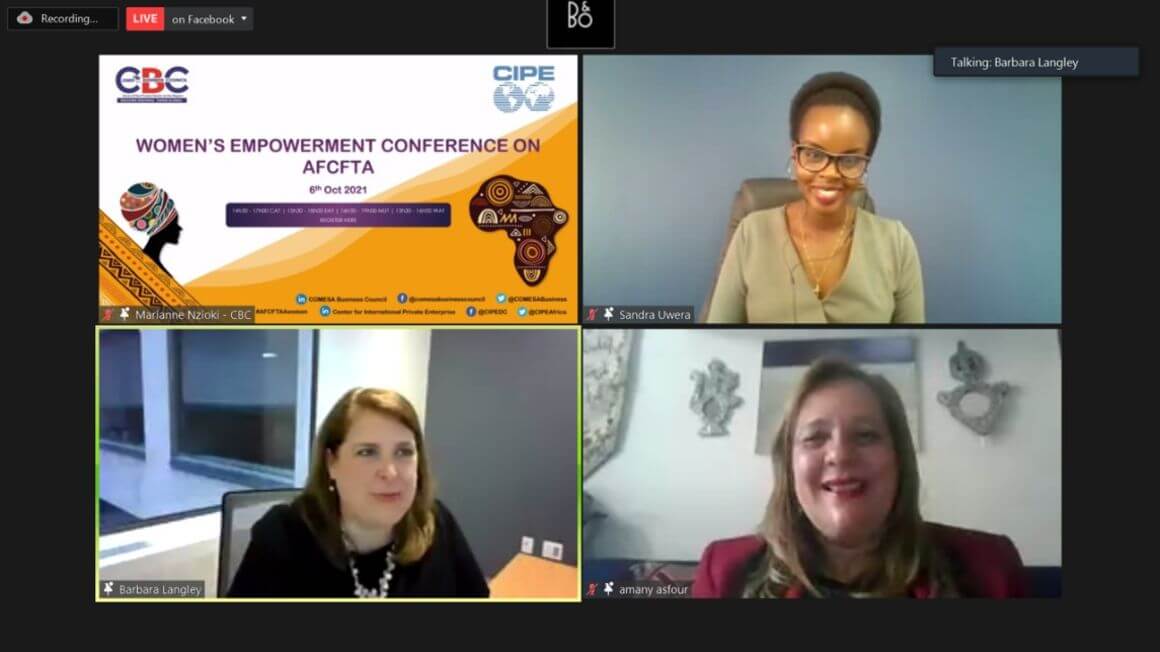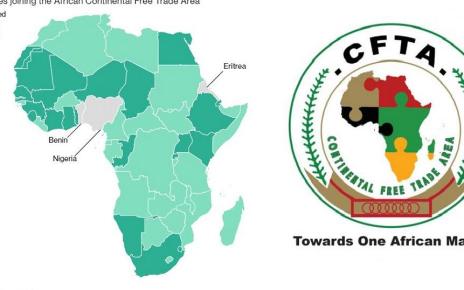The consequences of Covid-19 will be felt for years to come, but it is clear already that multinational companies and investors are turning their attention back to the world’s youngest continent – and with good reason. Speaking at EY’s Africa Tax Summit 2021 which was held last week, Larry Eyinla, EY Africa Tax Leader, said: “Investors have for years followed Africa’s notable and durable demographic trends. And now as Covid is hopefully receding they are once again focusing on Africa’s distinctive appeal which has been brought into stark relief by the pandemic. “In the coming decades Africa will be the world’s only source of a growing labour forces and consumer bases. It is the world’s youngest continent, and stands out in a world of ageing and shrinking populations.” He added the big question for Africa post COVID is where it lands in the global reset. “There’s an opportunity for us to get the right policies in place and capitalise like never before. The pandemic, and governments’ response to it, certainly paused the world’s interest in Africa but now the attention is back on the continent because of the opportunities it offers. There have been many false starts for Africa; now is the time to catch the wave of renewed investor interest.” He noted that multinationals are increasingly planning for this, He cited increased investments in start-ups in the fintech sector across the continent, and recent commitments by large tech companies including Microsoft, Google and Oracle, to invest in tech infrastructure...
As Covid Fades, Multinationals Turn Attention Back To Africa As World’s Only Growing Consumer Base
Posted on: November 4, 2021
Posted on: November 4, 2021


